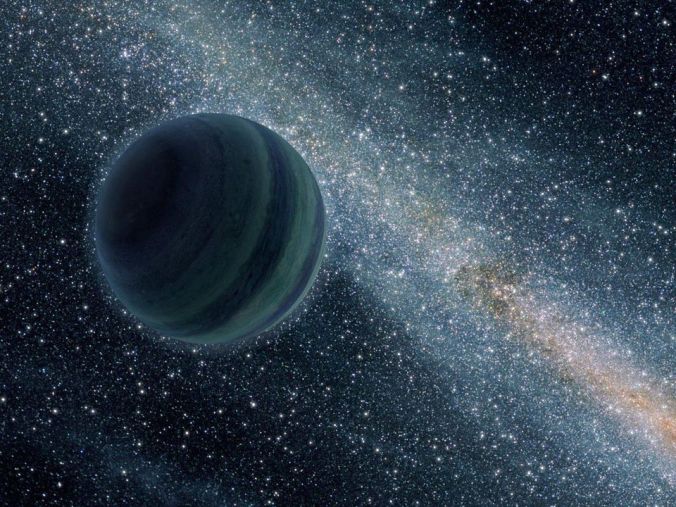
It’s been a while since I wrote some stuff down re: space developments on these pages, so today we’ll talk over some of the latest.
First and foremost is what Space X has pulled off, again. Elon Musk and co make the miraculous seem mundane; witness how we’ve gotten used to how Space X recovers rockets. Real holy crap stuff; if you watch the Youtube videos you’d think it was fake. It’s not.
Last night Space X punched yet another Starlink mission up into low Earth orbit, the adds more mini-satellites to the proposed internet constellation. One of these days I’m going to be an internet customer of his; rural US internet is pretty bad.
And this doesn’t even touch on the Demo 2 mission less than a week ago. Once again the US is lofting astronauts heavenward; it’s about darn time. This time around its even better because a private company is doing the deed.
Why is this better? Because one of NASA’s perennial handicaps is funding shifts with political changes in focus. Space programs are by definition long-term projects. How is it possible to maintain continuity when every two or four years funding changes? Short answer? It’s not.
This is where Space X reigns supreme. One person, Mr. Musk, determines what gets funded. The goal remains the same, it’s not a moving target.
Over the past decade, Mr. Musk has demonstrated that he is serious about space exploration. Look around. If it wasn’t for his vision and drive we’d be stuck with the cash-cow military industrial complex and half-hearted efforts from other billionaires.
Let’s face it, we are not going to space with “737 MAX” Boeing.
Barring any horrible unforeseen events, we will get to space with Mr. Musk.
He is working hard on the development of his next-gen rocket,the Starship. Even though he keeps blowing the darn thing up.
In other news, scientists are refining exoplanet discoveries, including one around Proxima B, out neighboring star. I remember a time when planets around distant stars were theory, not fact. These days there seems to be a discovery per week; the darn things are everywhere. This is excellent; when the day comes that we gain interstellar capability there will be no shortage of star systems to explore.
Of course, there is a lot that needs to happen before we become a multi-planetary civilization, let alone an interstellar one.
But as I judge things from my rural retreat, I see the potential. Even though it’s tough to look past the 1968ish turmoil down here. Real tough.
We have a lot of work to do, both here in the dirt and up in the heavens.
I remain optimistic.
last night I watched a re-run of a movie called The Dish. It was based on the lead up to Armstrong and Aldrin’s saunter on the lunar surface. Focused on the small Australian town of Parkes it showed the excitement and drama of the moments before and during July 21, 1969. It brought back childhood memories of going home from school for lunch to watch black and white images beamed live from the moon and a couple of blokes in space suits bounding on the surface. Amazing to a kid. The Parkes installation was one of the key antennae used to get the pictures into television sets around the globe.
It’s not a factual movie but a light, very Australian look at what I regard as the key moment of space exploration by humans to date.
Hopefully I’ll see the next biggie in my life time.
Oh, and the movie’s worth a look.
LikeLike
That movie actually sounds lovely! I’ll have to look it up. J
LikeLike